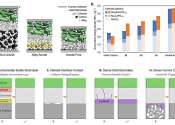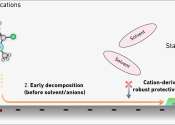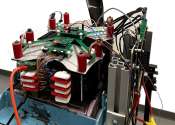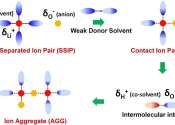Sodium-ion batteries are set to spark a renewable energy revolution
The extent to which renewables should dominate Australia's energy grids is a major issue in science and politics. Solar and wind are clearly now the cheapest form of electricity. But limits to these technologies can undermine ...
Jul 22, 2024
0
86









